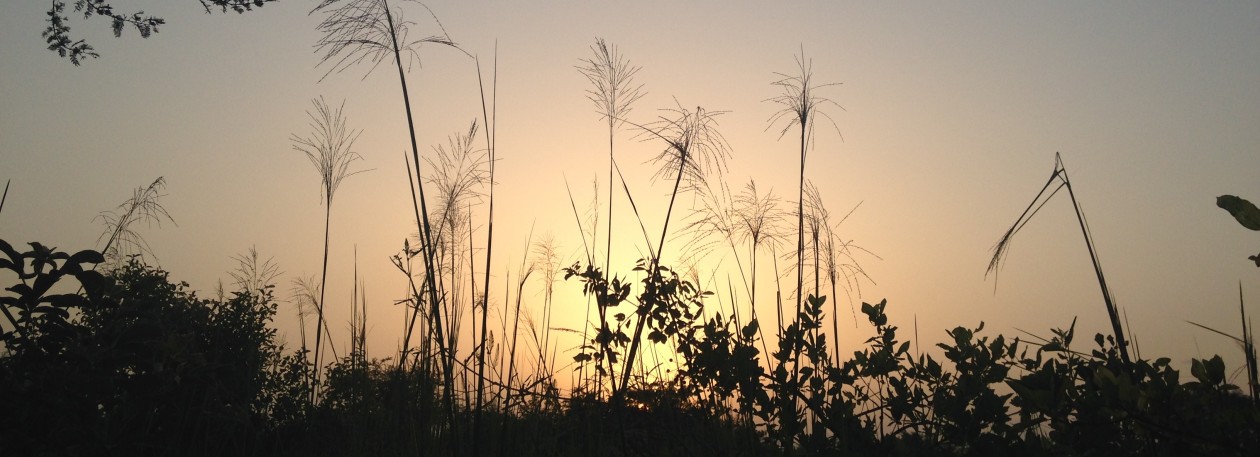Summer is sadly coming to a close, but our work is still nowhere near over. I feel an odd mixture of the nostalgia you feel when something is over, but also the strong feeling that I still have so much work to do! Several of my projects are in continuous motion, and I understand even the ones in completion will ring with me for years.
One project in particular that is still troubling me is my audiobooks project. I am worried about copyright issues about recording some of the books I’ve read aloud and I’m still nervously waiting to hear back from the author’s agent about getting permission to use his books. I hope he’ll understand the innocent, non-profit nature of the project and be able to bring his wonderfully fun, sweet renditions of the Anansi the Spider stories to a new audience.
I created my final literary analysis of the story The Ancestral Sacrifice by Kaakyire Akosomo Nyantakyi and I feel a little sad that my mini-book club sessions with Alhassan are coming to an end as well. The book was a haunting story of a mentally handicapped boy who goes missing in a sacred forest, causing the Ohum Festival to come to a sudden halt. As everyone’s lives are put on hold, tensions between the Christian converts and the traditionalists in the community begin to boil as the boy’s Christian mother must make an impossibly difficult decision: Should she approach the Stool-house so that search parties can be sent out to find her son? But how can she do this if this may mean condemning herself in the eyes of God? This novel was an emotional weave of the colliding forces of religion, custom, and culture, as a community would sooner tear itself apart rather than compromise with opposing values.
My hope is that the literary write-ups Alhassan and I are creating will be used for fellows in the future, and potentially, UDS and BiCollege students. I am hoping to post our analyses on the Lagim Tehi Tuma website on a page alongside our blogs, to garner interest for this sadly overlooked pieces of literature. After students read the overview, they will be hopefully be encouraged to pick up the novels themselves and help stir discussions. I am hoping that I would even able to get in contact with the head of the English department of both Bryn Mawr and Haverford and talking about including more works written by African authors into the curriculum.
For now, I want to thank everyone who has followed this blog over the summer and everyone who has helped me along the way. This fellowship experience transformed me in many ways to the point where I can’t imagine going back and just dropping the projects and commitments I have made this summer. I will find a way to stay involved with this fellowship even though my period as a working fellow this summer is over and I already cannot wait to see what projects evolve out of this partnership in the future.
